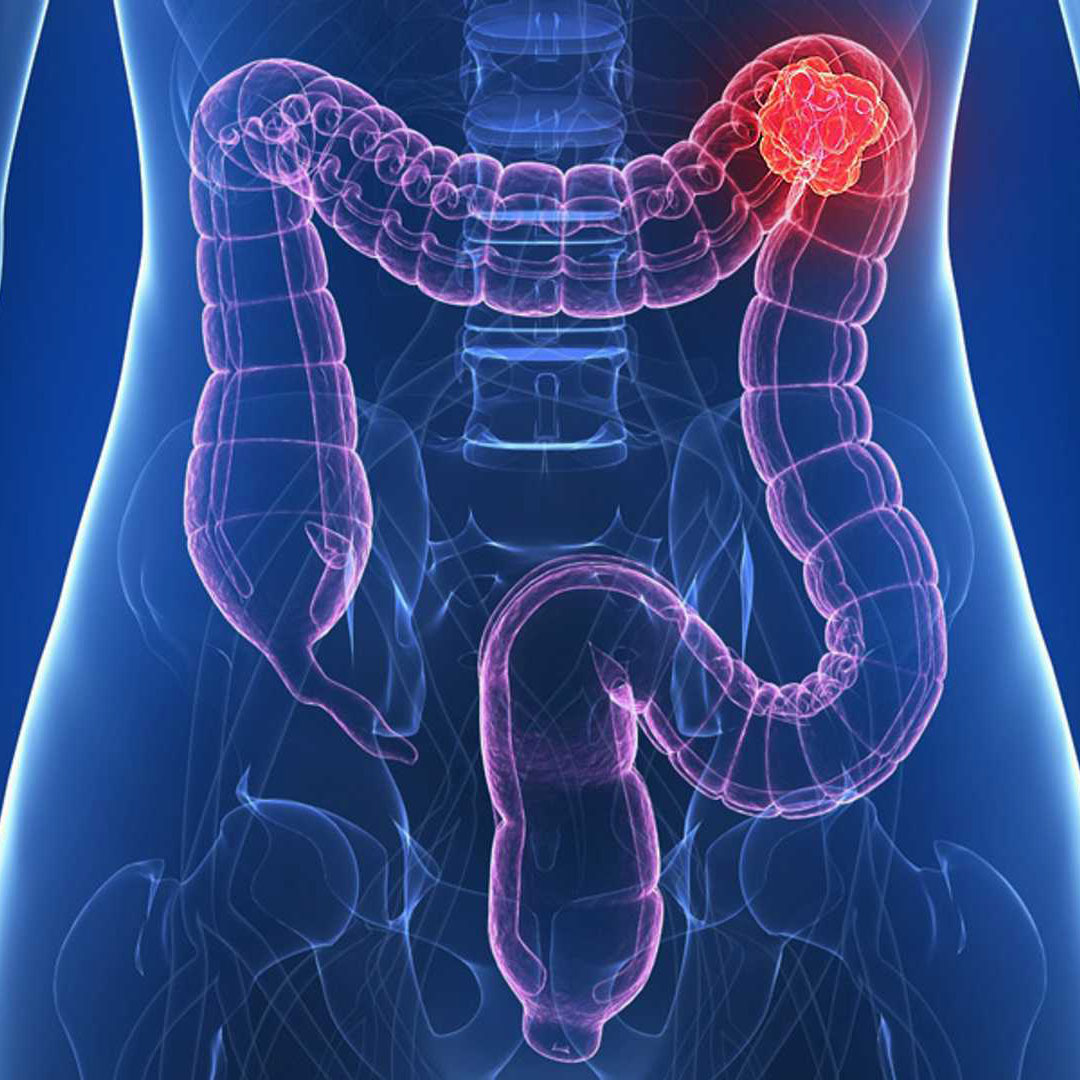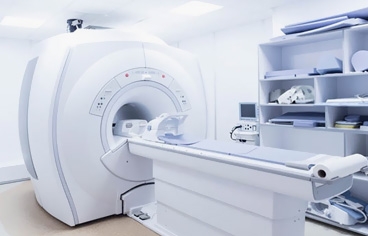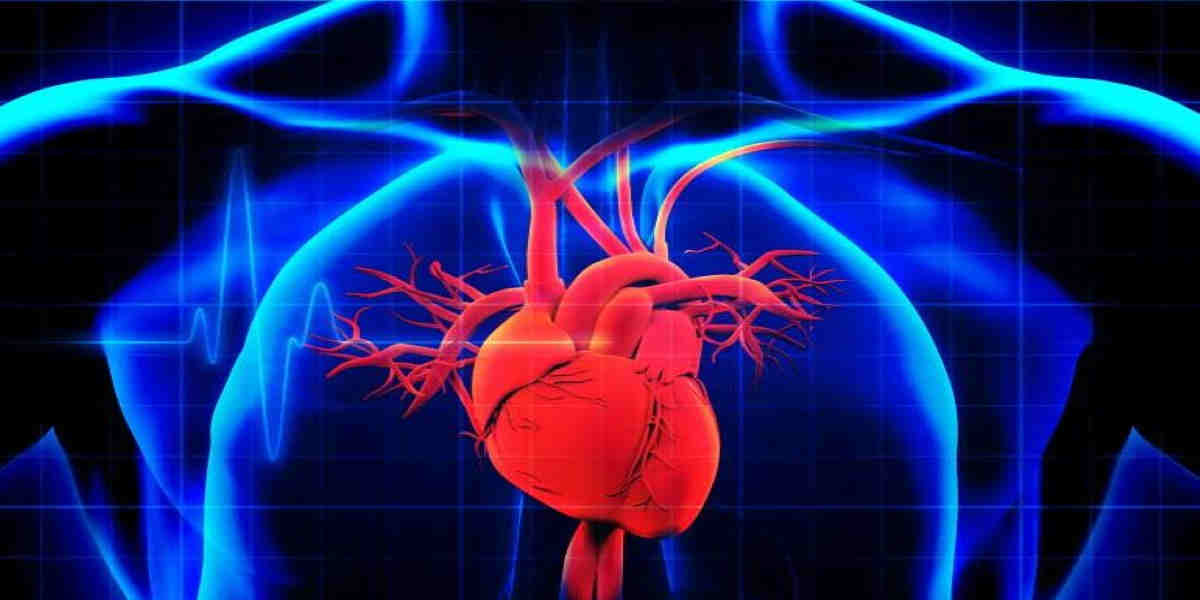Metabolic Surgery (Diabetic Surgery)
- Home
- Metabolic Surgery (Diabetic Surgery)

As the number of surgeries performed for obesity increased, it was observed that the patients' co-morbid problems (especially type 2 diabetes) improved up to 80%. The blood sugar levels of patients who have undergone gastric bypass or biliopancratic diversion surgery begin to improve within days without further weight loss after surgery. Many clinical and experimental studies have shown the positive effects of such surgeries on type 2 diabetes, which are independent of weight loss, especially allowing the rapid passage of food into the small intestine without passing through the duodenum. In these studies, it was found that the rapid passage of food into the small intestine (especially the last part) increases the secretion of hormones called incretin (GLP-1, GIP, PPY…) and secreted from the small intestines. These hormones have effects that increase insulin secretion and its entry into the cell. Due to these effects of surgeries such as gastric bypass and biliopancreatic diversion, the concept of "metabolic surgery" has come to the fore as a new surgical discipline. started to be used in patients.
In the guidelines of the American Diabetes Association and the International Diabetes Association, it is stated that surgical methods should be offered as an alternative treatment option in patients with a BMI index between 30 and 35 and who have severe type 2 diabetes. In conclusion, 'metabolic surgery' includes surgical interventions for the treatment of type 2 diabetes and other findings of metabolic syndrome. For this purpose, especially gastric bypass and its modifications are applied. Studies have shown that these surgeries have positive effects not only on the weight loss they cause, but also on insulin metabolism.
Order Blogs
 What is Endometriosis (Chocolate Cyst)? What are the symptoms? How to Treat?
What is Endometriosis (Chocolate Cyst)? What are the symptoms? How to Treat?  Colon Cancer (Symptoms, Stages, Treatment)
Colon Cancer (Symptoms, Stages, Treatment)  Influenza (Flu) in Children
Influenza (Flu) in Children  Stomach Cancer Symptoms and Treatment Methods
Stomach Cancer Symptoms and Treatment Methods  What is Lymph Node Swelling? What Are The Reasons?
What is Lymph Node Swelling? What Are The Reasons?  When to Use Antibiotics? What are the side effects? What is Antibiotic Resistance?
When to Use Antibiotics? What are the side effects? What is Antibiotic Resistance?  What is Muscle Spasm?
What is Muscle Spasm?  What is MRI? How to Take an MRI with Medication? Is It Harmful?
What is MRI? How to Take an MRI with Medication? Is It Harmful?  What are the Causes of Diarrhea and Vomiting? How to Treat?
What are the Causes of Diarrhea and Vomiting? How to Treat?  What is Heart Failure? What are its stages? How to Treat?
What is Heart Failure? What are its stages? How to Treat?

